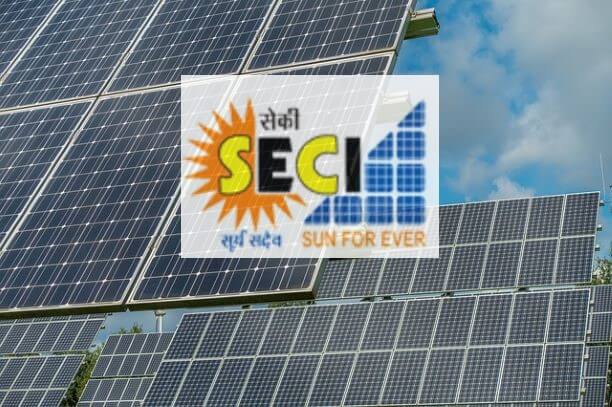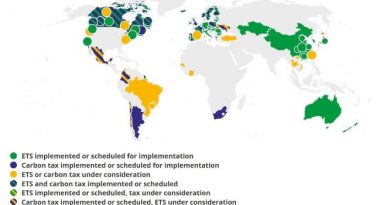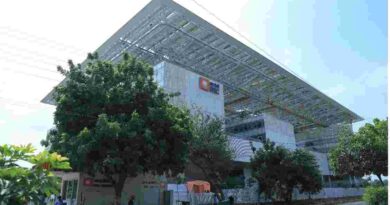Indefinite Postponement of Maharashtra Solar Park Auction Signals Deeper Troubles for Solar
 Dark Clouds over SECI
Dark Clouds over SECI
It seems that SECI will not breathe easy any time soon. The latest auction at the Dhodhainicha Solar Park in Maharashtra has been put off indefinitely. Only Tata Renewable power emerged as a bidder for an auction of 50 MW at the Maharashtra solar park.
This follows news last week when SECI postponed 1200 MW hybrid project for the fifth time, due to tepid response. The ceiling tariff was put pulled down further to Rs 2.60/kWh from Rs 2.93 per Unit. Another auction of massive 10,000 MW linked to solar manufacturing too, was also postponed for the 4th time.
Read: SECI sets a tariff of Rs 2.93 for next batch of wind-solar hybrid projects
The continued delays point to a deeper problem that the Indian government will have to confront now. The boom in the sector that was witnessed last year, has come to a screeching halt. Developers at the summits in REI and other events have time and again voiced their dislike towards the tariffs’ ceiling and not a floor which is required to give a level field to the smaller players and newbies who want to work and innovate in the renewable sector. We can agree that the government has to function as a enabler to the companies but with the recent moves like the safeguard duty and its attendant confusion, unclear subsidies have caused delays in project development and at the same time created fear in the investors. ON top of that has been the case of state level bodies penalising developers for even a days delay in commissioning. Not even RBI has put the tag of priority lending to the sector players making it very difficult for companies to collect capital, equity or even debt to finance their projects. Many big companies like Suzlon, ReNew Power, Inox had met with Power Minister RK Singh to request policy moves to trigger cash flow into the sector, in September. The government denied these request saying that “there there is enough liquidity in the financial system for renewable companies to tap into, and have thus decided to not write to the RBI to grant priority sector status,” the government statement said. As it turns out, with the government trying to corral the industry into a specific price range, the industry just discovered it can no longer make viable bids, especially with interest rates spiking over the past quarter, besides the rupee depreciation.
Read: Bid Extensions the new norm at SECI?
Probably that is why even big players with deep pockets like TATA have bid for small quantities like 50 MW. Maharashtra is among the top states in adopting electric vehicles and is a bread basket for the country. So the reluctance to develop such renewable projects is lying in the cap that the government put at Rs 2.93, making it nonviable. The commissioning too was just 12 months away, giving not enough time to install a sturdy structure. SECI, on the other hand attributed this postponement due to unresolved transmission issues or evacuation.
As Indian government plans to put 100 GW of Solar in place before 2022, officials have to let go of the control via policy interventions very soon. The delays or scrapping of massive auctions is wasting precious time and energy which could better be used if all the stakeholders, sit and talk this out on how to achieve their targets without hurting business at the same time. Also incentivize smaller institutions like schools and hospitals, colleges and corporate offices or market places to opt for cleaner energy sources so we can further cut down carbon footprint and normalise renewable energy sources for the growing children who will later choose and adopt environment friendly options readily.
Of course, noone wants to bring up the elephant in the room, the performance efficiency of the discoms, or even the state subsidies which distort pricing dynamics, ensuring that the final price of renewable energy is easily bid up by another 40% by the time it reaches intended consumers. Though it hurts thermal producers equally. It was a mess that was bound to lead to slip ups, and we have finally reached the point where it cannot be ignored anymore.




